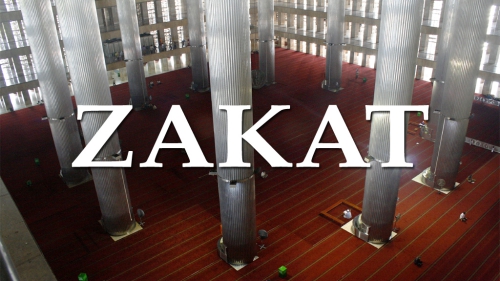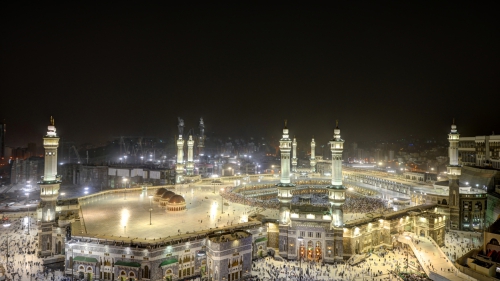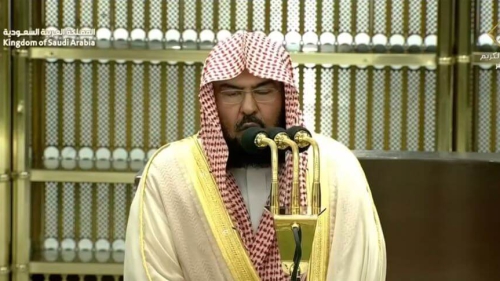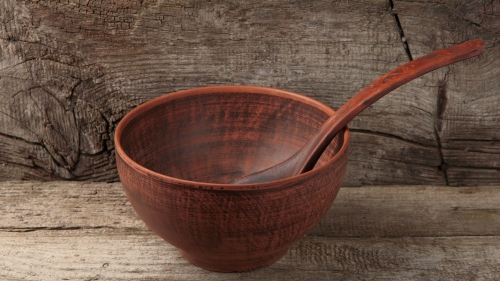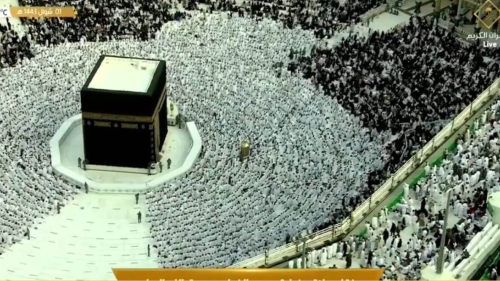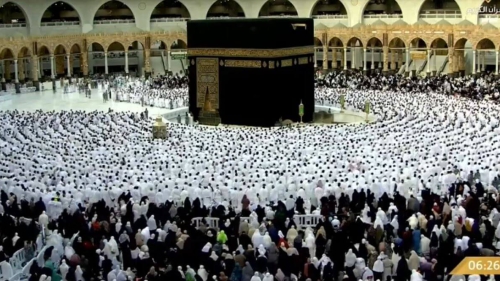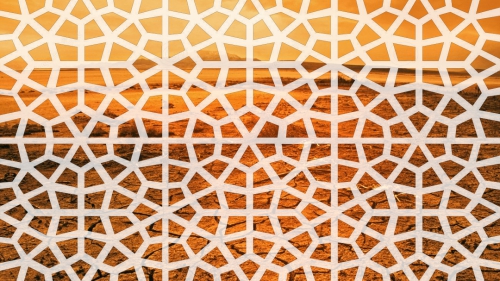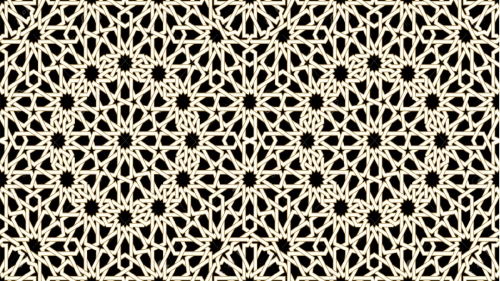Healthy Fasting

Fasting during the month of Ramadan can be good for your health if it’s done correctly.
When the body is starved of food, it starts to burn fat so that it can make energy. This can lead to weight loss. However, if you fast for too long your body will eventually start breaking down muscle protein for energy, which is unhealthy.
Dr Razeen Mahroof, an anaesthetist from Oxford, says there's a strong relationship between diet and health.
“Ramadan isn’t always thought of as being an opportunity to lose weight because the spiritual aspect is emphasised more generally than the health aspect," he says. "However, it’s a great chance to get the physical benefits as well.”
Source of energy during a fast
The changes that happen in the body during a fast depend on the length of the continuous fast. The body enters into a fasting state eight hours or so after the last meal, when the gut finishes absorbing nutrients from the food.
In the normal state, body glucose, which is stored in the liver and muscles, is the body’s main source of energy. During a fast, this store of glucose is used up first to provide energy. Later in the fast, once the glucose runs out, fat becomes the next source of energy for the body.
With a prolonged fast of many days or weeks, the body starts using protein for energy.
This is the technical description of what is commonly known as "starvation". It is clearly unhealthy and involves protein being released by the breakdown of muscle, which is why people who starve look very thin and become extremely weak.
However, you are unlikely to reach the starvation stage during Ramadan, because the fast is broken daily.
Gentle transition from glucose to fat
As the Ramadan fast only lasts from dawn till dusk, the body's energy can be replaced in the pre-dawn and dusk meals.
This provides a gentle transition from using glucose as the main source of energy, to using fat, and prevents the breakdown of muscle for protein.
Dr Mahroof says the use of fat for energy helps weight loss. It preserves the muscles and eventually reduces your cholesterol level. In addition, weight loss results in better control of diabetes and reduces blood pressure.
After a few days of the fast, higher levels of endorphins appear in the blood, making you more alert and giving an overall feeling of general mental well being.
A balanced food and fluid intake is important between fasts. The kidneys are very efficient at maintaining the body’s water and salts, such as sodium and potassium. However, these can be lost through perspiration.
To prevent muscle breakdown, meals must contain enough energy food, such as carbohydrates and some fat.
“The way to approach your diet during fasting is similar to the way you should be eating outside Ramadan," says Dr Mahroof. "You should have a balanced diet, with the right proportion of carbs, fat and protein.”
How to fast safely during Ramadan
If you are not careful, food eaten during the pre-dawn and dusk meals can cause some weight gain.
Dr Mahroof recommends approaching the fast with discipline, or an opportunity to lose weight and be healthier could be wasted.
“The underlying message behind Ramadan is self-discipline and self-control," he says. "This shouldn’t fall apart at the end of the day".
A balanced diet
Those observing the fast should have at least two meals a day – the pre-dawn meal (Suhoor) and a meal at dusk (Iftar).
Dr Mahroof says your food intake should be simple and not differ too much from your normal diet. It should contain foods from all the major food groups:
- fruit and vegetables
- bread, cereals and potatoes
- meat, fish or alternatives
- milk and dairy foods
- foods containing fat and sugar
Complex carbohydrates are foods that help release energy slowly during the long hours of fasting. They are found in foods such as barley, wheat, oats, millet, semolina, beans, lentils, wholemeal flour and basmati rice.
Fibre-rich foods are also digested slowly and include bran, cereals, whole wheat, grains and seeds, potatoes with the skin on, vegetables such as green beans, and almost all fruit, including apricots, prunes and figs.
Foods to avoid are the fast-burning, heavily processed foods that contain refined carbohydrates (sugar and white flour), as well as fatty food (such as cakes, biscuits, chocolates and sweets such as Indian mithai).
It's also worth avoiding caffeine-based drinks such as tea, coffee and cola. Caffeine is a diuretic and stimulates faster water loss through urination.
Wholesome foods
Suhoor, the pre-dawn meal, should be a wholesome, moderate meal that is filling and provides enough energy for many hours.
“Suhoor should be light and include slow digesting food like pitta bread, salad, cereal (especially oats) or toast, so that you have a constant release of energy,” Dr Mahroof says.
“It’s important to have some fluids with vitamins, such as fruit juice or fruit. Some people have isotonic drinks (such as Lucozade) to replace any lost salts.”
It's customary for Muslims to break the fast (Iftar) with some dates, in accordance with the Prophetic traditions.
Dates will provide a burst of energy. Fruit juices will also have a similar, revitalising effect. Start by drinking plenty of water, which helps rehydration and reduces the chances of overindulgence. Avoid the rich, special dishes that traditionally celebrate the fast.
Foods to avoid
- deep-fried foods – such as pakoras, samosas and fried dumplings
- high-sugar and high-fat foods – including sweets such as gulab jamun, rasgulla and balushahi
- high-fat cooked foods – such as parathas, oily curries and greasy pastries
Healthy alternatives
- baked samosas and boiled dumplings
- chapattis made without oil
- baked or grilled meat and chicken
- homemade pastry using just a single layer
- milk-based sweets and puddings, such as rasmalai and barfee
- Cooking methods to avoid
- deep frying
- frying
- excessive use of oil
Healthy cooking methods
- shallow frying (usually there is little difference in taste)
- grilling or baking is healthier and helps retain the taste and original flavor of the
- food, especially with chicken and fish.
Source: nhs.uk














